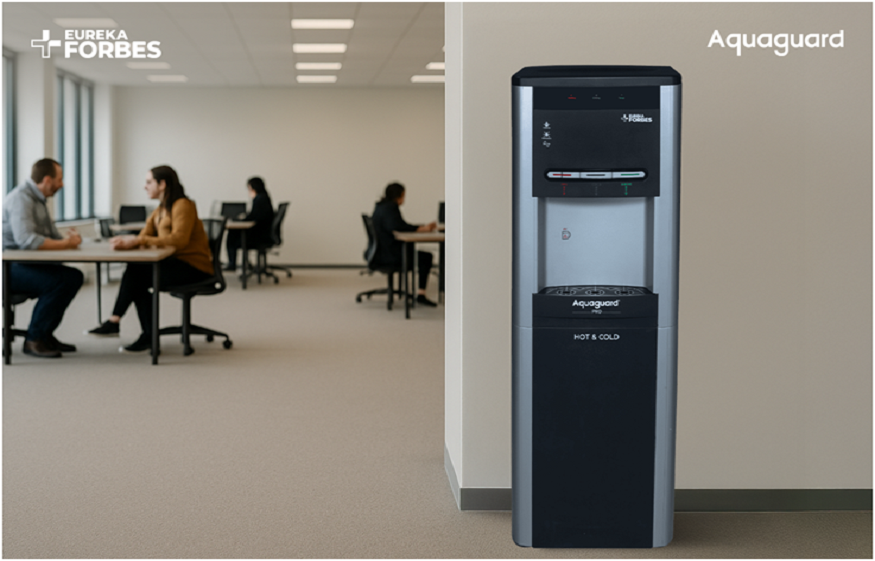Solar Panels vs. Traditional Energy Sources: Which Is Best for Your Home?
In an era where sustainability and energy efficiency are becoming ever more critical, homeowners are increasingly tasked with making informed decisions about the energy sources they choose for their homes. This discussion often centres around the question: solar panels or traditional energy sources, which is the better option? In this article, we will delve into the world of solar panels, their working mechanism, their benefits, and how they stack up against traditional energy sources considering costs, sustainability, and home value implications.
What Are Solar Panels?
Solar panels, or photovoltaic cells, are devices that convert sunlight into electricity. They are typically made from silicon, a semiconductor material, and consist of many small units called solar cells. Each cell generates electrical charges when exposed to light, and these charges are then channelled to form an electric current. Solar panels are usually installed on rooftops, fields, or other sunny places to gather as much sunlight as possible. Looking for the best Solar Panels Malaga has to offer, then look no further than Sun Panels.
How Do Solar Panels Work?
The process of turning sunlight into electricity involves several steps:
When sunlight hits the solar panel, it excites the electrons in the silicon cells. This creates a flow of electric charge within the cell.
This electric charge is captured by conductive metal plates on the sides of each cell and transferred to wires.
The resulting direct current (DC) electricity is then converted into alternating current (AC) electricity by an inverter. AC electricity is the standard used by most household appliances.
Once the electricity is converted to AC, it can be used to power your home.
The Benefits of Solar Panels
Solar panels offer numerous benefits, which make them an increasingly popular choice among homeowners:
Cost Savings: Solar panels can significantly reduce your electricity bills. Once installed, they provide free energy from the sun, and with the right setup, a solar panel system can produce enough electricity to power your entire home.
Sustainability: Solar energy is a renewable source, meaning it won’t run out. In contrast to traditional energy sources like coal, oil, and gas, which are finite and contribute to climate change, solar energy is clean and sustainable.
Low Maintenance: Solar panels require little maintenance once installed. They have no moving parts, which means they are less prone to breakage, and they can last for more than 25 years.
Energy Independence: With solar panels, you are less reliant on the grid, which protects you from price hikes in energy costs and provides you with a reliable source of energy, even in power outages.
Home Value Increase: Installing solar panels can significantly increase the value of your home. A study by Zillow found that homes with solar energy systems sold for 4.1% more on average than comparable homes without solar power.
Solar Panels vs. Traditional Energy Sources
When considering solar panels versus traditional energy sources, several factors come into play:
Cost: Traditional energy sources often seem cheaper initially, but they involve ongoing costs that add up over time. These include not only the price you pay for the energy but also the environmental costs related to carbon emissions and other forms of pollution. Solar panels, on the other hand, involve a one-time installation cost and minimal maintenance costs. They can also lead to substantial savings on electricity bills, making them a cost-effective solution in the long run.
Sustainability: Unlike traditional energy sources, which are mainly derived from fossil fuels, solar panels use renewable energy from the sun. This makes them a much more sustainable and environmentally friendly choice.
Home Value: As we’ve noted, solar panels can increase the value of your home. In contrast, traditional energy sources don’t offer the same benefit.
When considering these factors, it becomes clear that solar panels have a lot to offer both environmentally and economically. While the upfront cost of installation may be higher, the long-term benefits make them a worthwhile investment. They offer not only a chance to save on energy bills but also a way to contribute to a sustainable future and increase the value of your home. When comparing solar panels and traditional energy sources, it’s crucial to consider these long-term implications. With their combination of cost savings, sustainability, and home value increase, solar panels make a compelling case for the energy source of choice in the home improvement arena.
Solar Panels and Property Value
In the current property market, energy efficiency is no longer a mere afterthought. More than just the promise of reduced energy bills, it is now recognized as a tangible asset that can add significant value to a property. Among the various energy-efficient improvements homeowners can consider, the installation of solar panels stands out as a particularly valuable investment.
One of the primary reasons why solar panels can boost property value is the increasing demand from homebuyers. A survey by the National Association of Realtors found that most of the homebuyers list energy efficiency as a desired feature in their home. In certain sunny regions, homes with solar panels are not only selling for more, but they’re also selling faster than their non-solar counterparts.
In terms of numbers, a study by the Lawrence Berkeley National Laboratory discovered that home buyers are consistently willing to pay more for homes with host-owned solar photovoltaic (PV) energy systems — averaging about $4 per watt of PV installed — amounting to around $15,000 for a home with a typical system. This data underscores the economic advantage of solar panels and their contribution to property value.
A Step Towards a Brighter, Greener Future
Beyond the immediate economic benefits, installing solar panels is an impactful step towards a more sustainable future. The environmental advantages of solar energy are manifold and contribute significantly to the fight against climate change.
Reduction of Greenhouse Gas Emissions: The generation of electricity is one of the largest sources of greenhouse gas emissions, especially when it’s reliant on burning fossil fuels. Solar panels, on the other hand, produce clean energy that emits no greenhouse gases.
Decreased Dependence on Fossil Fuels: With solar panels, homes can generate their own energy, reducing reliance on fossil fuels. This shift helps decrease the demand for fossil fuels, leading to lower prices and less harmful mining and drilling.
Conservation of Water: Traditional power production methods often require substantial amounts of water for cooling purposes. Solar panels, however, need no water to generate electricity, thus conserving this valuable resource.
Energy Production Coincides With Demand: The time of day when energy demand is highest, often in the middle of the day, is also when solar panels produce the most electricity. This synchronicity helps reduce the strain on the grid during peak demand times.
By investing in solar panels, homeowners can significantly reduce their carbon footprint, contributing to the larger global effort towards reducing greenhouse gas emissions. This investment signifies a commitment to sustainability and signals a forward-thinking approach that resonates with many buyers, potentially making the property more appealing in the market.
Solar panels present a dual advantage: a substantial increase in property value and a stride towards environmental responsibility. Not only do they hold the promise of financial savings and improved property appeal, but they also reflect a pledge to renewable energy, positioning homeowners as active participants in the movement towards a brighter, greener future.



